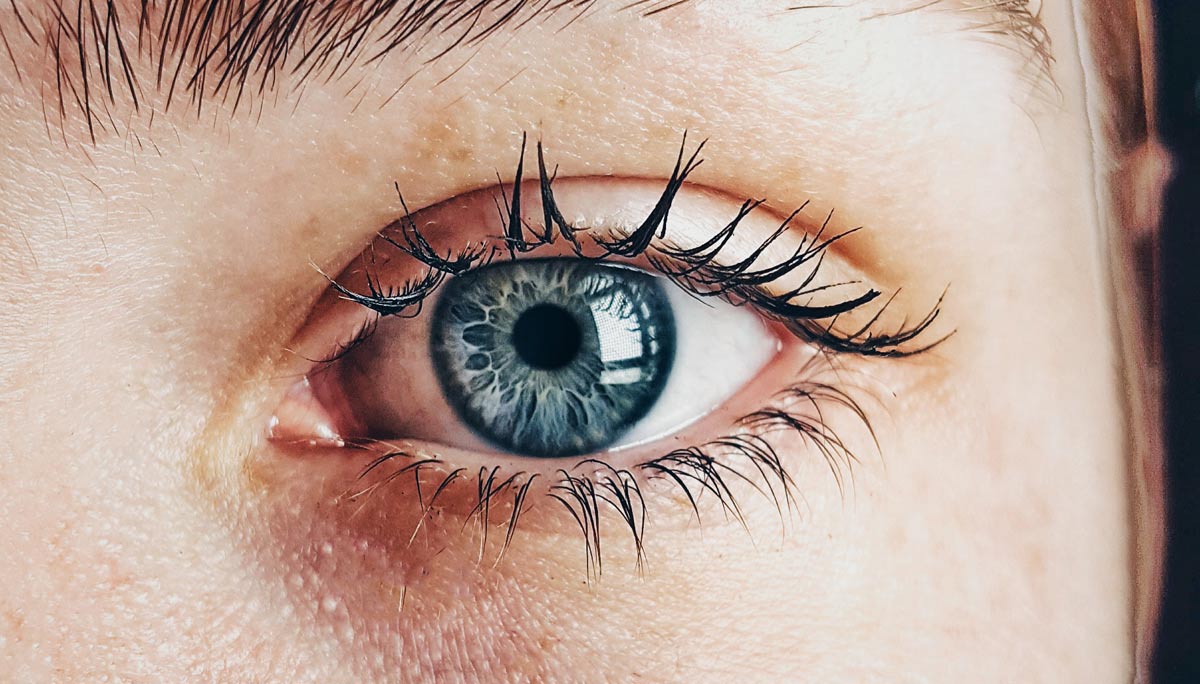Fulton, MO
Emergency Eye Care

Fulton, MO
Emergency Eye Care
Eye emergencies can occur at any time and can be very alarming. At VisionArts Eyecare Center in Fulton, we provide emergency eye care services to help preserve your eyesight and relieve any discomfort.
Our specialists have the training and specialized equipment to effectively treat most eye emergencies. Our eye doctor will work quickly to diagnose and treat your eye problem, and help you protect your vision for years to come.
When should you get urgent eye care?
If something gets stuck in your eye, such as metal or wood shavings, we can safely remove the object while minimizing any damage. Our office also treats eye infections like conjunctivitis (pink eye).
There are a few different signs that you should look out for that indicate you need emergency eye care services. If you experience any of the following symptoms, please call our office right away and we will do our best to see you as soon as possible:
- Burning or stinging eyes
- One eye isn’t moving like the other eye
- Decreased vision or double vision
- Increased sensitivity to light
- Blood on the white part of the eye
- Eye discharge
- Severe itching sensation in the eye
- New or severe headaches
Learn more about ocular emergencies:
Corneal abrasion
A corneal abrasion is a scratch or injury to the cornea, which is the clear, outermost layer of the eye. The cornea covers the iris (colored part of the eye) and the pupil (the round opening in the center of the iris), and it plays a crucial role in focusing light onto the retina.
Corneal abrasions can be caused by a variety of factors, including foreign objects (such as dirt or sand), contact lenses, fingernails, or even rubbing the eyes too hard. Symptoms of a corneal abrasion can include pain, redness, tearing, sensitivity to light, and a feeling that something is in the eye.
Treatment for a corneal abrasion may involve eye drops to alleviate pain and prevent infection, as well as keeping the eye covered with a patch or bandage to protect it while it heals. In some cases, antibiotics or other medications may be prescribed to prevent or treat an infection. It is important to seek prompt medical attention if you suspect that you have a corneal abrasion, as untreated injuries to the cornea can lead to vision loss or other complications.
Corneal ulcer
A corneal ulcer is a more serious and deeper injury to the cornea, which can lead to an open sore or lesion on the surface of the eye. Like corneal abrasions, corneal ulcers can be caused by a variety of factors, including bacterial, viral, or fungal infections, as well as eye injuries, contact lens use, or certain medical conditions that affect the immune system.
Symptoms of a corneal ulcer can include pain, redness, swelling, tearing, blurred vision, and sensitivity to light. If left untreated, corneal ulcers can lead to scarring, vision loss, or even perforation of the cornea, which can cause serious complications.
Treatment for a corneal ulcer usually involves aggressive antibiotic or antifungal eye drops to treat the infection, as well as pain relief and anti-inflammatory medications. In severe cases, hospitalization or surgery may be necessary. It is important to seek prompt medical attention if you suspect that you have a corneal ulcer, as early treatment is crucial for preventing complications and preserving vision.
Retinal detachment
A retinal detachment occurs when the retina, which is the light-sensitive tissue at the back of the eye, separates from the underlying tissue that supports it. This can lead to vision loss or blindness if not treated promptly.
The symptoms of a retinal detachment can include:
- A sudden appearance of floaters (spots or lines that seem to float in your field of vision)
- Flashes of light or photopsia (seeing flashes of light or sparks)
- Blurred vision or a reduction in peripheral vision
- A curtain or veil-like shadow over part of the visual field
- Sudden onset of vision loss
Retinal detachment is a medical emergency and requires immediate treatment. If you experience any of the symptoms above, you should seek prompt medical attention from an eye doctor or emergency department. Treatment may involve surgery to reattach the retina, and the sooner it is performed, the better the chances for successful recovery of vision.
Steps to take during an eye emergency
When dealing with an eye emergency, follow these steps to avoid making it worse:
- If chemicals get into your eyes, flush your eyes with water for 10-15 minutes and don’t cover the affected eye.
- If you have something in your eyes, avoid rubbing them to prevent further damage and reduce the spread of any germs, bacteria, or infections.
- To prevent swelling around your eye after an injury, gently apply a cold compress to your eyes.
- Avoid driving if you are experiencing an eye emergency or vision problems.
Treatment for eye emergencies will vary depending on the specific case, but most issues resolve quickly when properly treated by a qualified optometrist. Make sure to follow the treatment plan closely and use any home remedies your doctor suggests, such as eye drops or compresses.
If you’re experiencing issues with your eyes, it’s important to contact us immediately for an emergency eye examination in Fulton. Even if you think it’s not that severe, it’s best to get a professional opinion to avoid the risk of permanent damage or vision loss.
